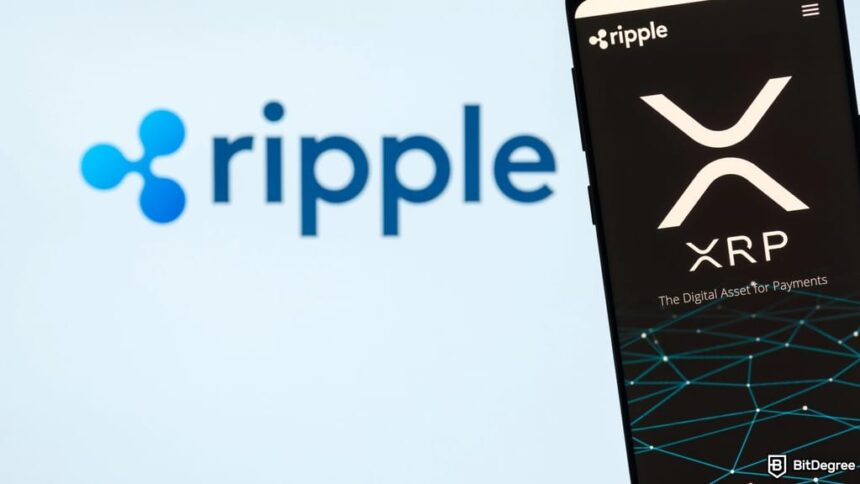John Deaton, an attorney who represented XRP
He noted that the thousands of statements submitted by XRP users led the judge to recognize that the token, in some cases, was not sold as a security.
The legal fight began in 2020, when the SEC accused Ripple and two executives of selling XRP without proper registration.

Did you know?
Subscribe – We publish new crypto explainer videos every week!
DEX vs CEX: Which is Best for YOU? (Explained with Animation)

Over the next few years, XRP buyers formed an online community, often referred to as the “XRP Army“. Deaton said they organized around the case and submitted affidavits to the court to explain how they used the token.
These statements described XRP as a digital asset purchased through exchanges, without direct involvement from Ripple. Many participants argued that their decisions were not based on the company’s actions, and they did not expect to profit from Ripple’s business activities.
Deaton pointed to that reference as proof that community members made a difference. According to him, had the judge not mentioned the affidavits, it would be fair to question their relevance.
However, since they were included, he argued that their efforts had a clear role in shaping the court’s understanding.
Supporters had spent months gathering and submitting their statements. Each affidavit served as a formal declaration, which offered insight into how retail investors approached XRP.
Deaton said these filings showed that many users did not view XRP as an investment in Ripple’s success, which helped the court separate everyday users from institutional buyers.
On August 7, the SEC and Ripple jointly requested that the US Court of Appeals for the Second Circuit dismiss their cases. What did they say? Read the full story.











